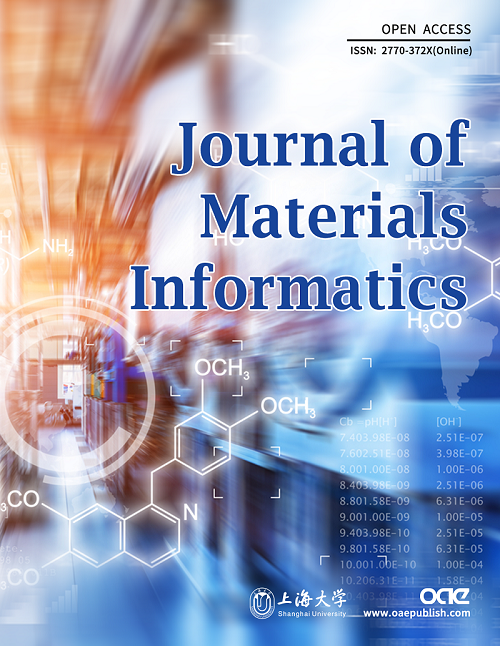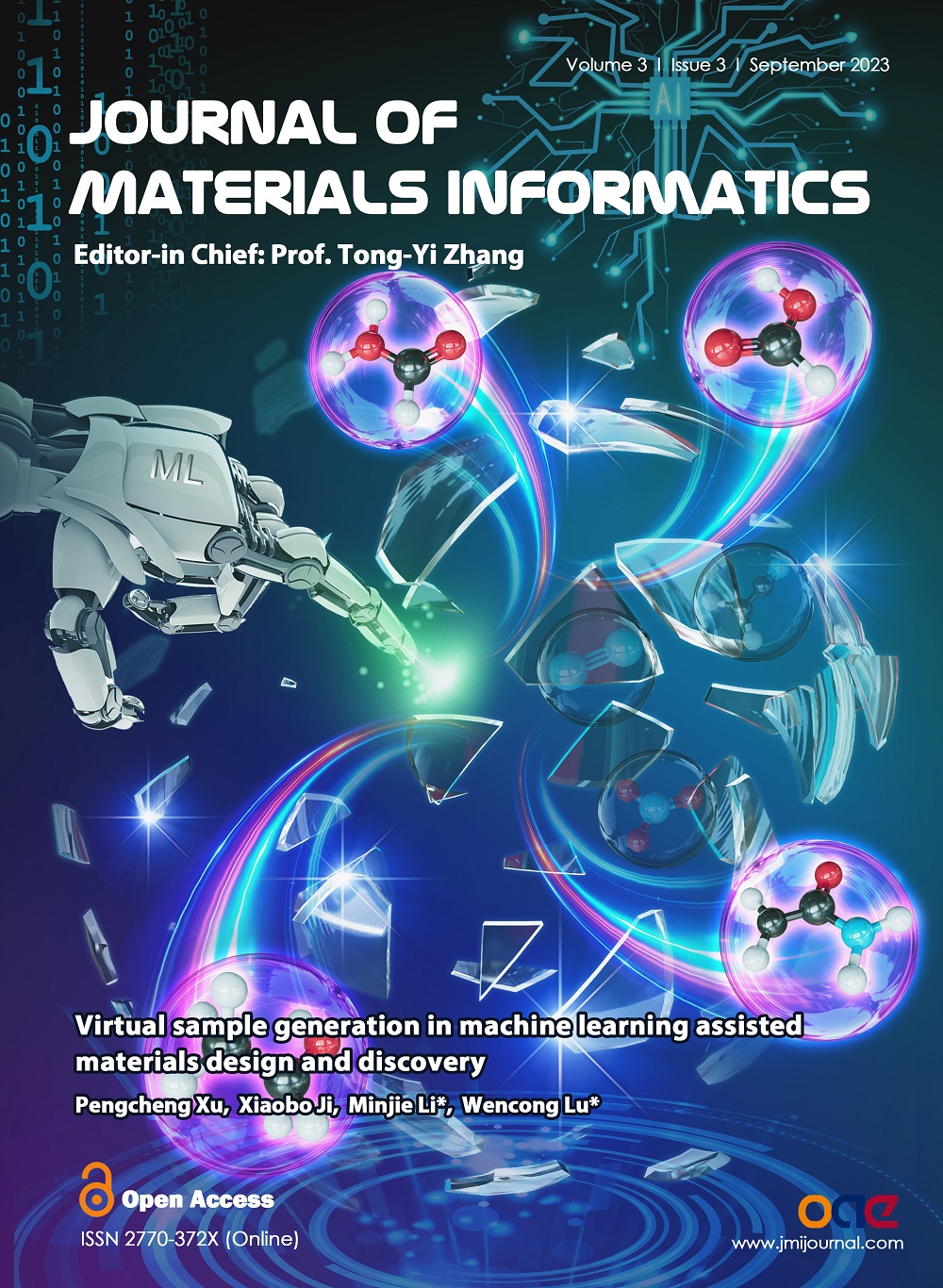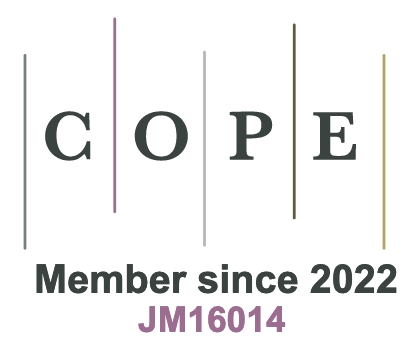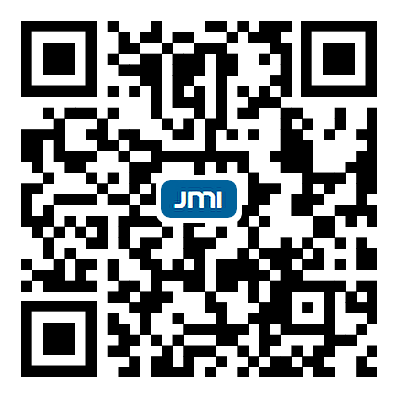Volume 3, Issue 3 (2023) – 7 articles
Cover Picture: Virtual sample generation (VSG), as a cutting-edge technique, has been successfully applied in machine learning-assisted materials design and discovery. A virtual sample without experimental validation is defined as an unknown sample, which is either expanded from the original data distribution for modeling or designed via algorithms for predicting. This review aims to discuss the applications of VSG techniques in machine learning-assisted materials design and discovery based on the research progress in recent years. First, we summarize the commonly used VSG algorithms in materials design and discovery for data expansion of the training set, including Bootstrap, Monte Carlo, particle swarm optimization, mega trend diffusion, Gaussian mixture model, random forest, and generative adversarial networks. Next, frequently employed searching algorithms for materials discovery are introduced, including particle swarm optimization, efficient global optimization, and proactive searching progress. Then, universally adopted inverse design methods are presented, including genetic algorithm, Bayesian optimization, and pattern recognition inverse projection. Finally, the future directions of VSG in the design and discovery of materials are proposed.
view this paper 








